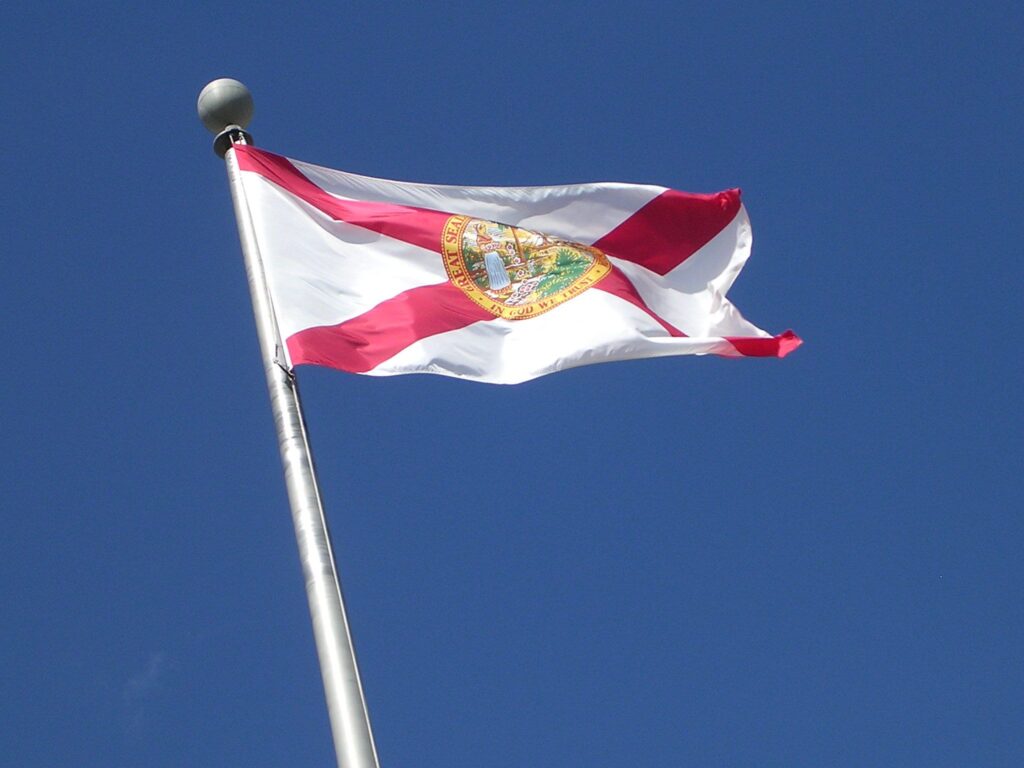Politics | January 24th, 2024
New Florida Bill Allows You To Sue For Defamation If Accused Of Racism
By: Brianna Leonard

The Florida government has garnered a considerable amount of negative attention since passing several controversial bills. The most recent call to controversy was introduced in the Florida Senate on January 5, 2024. Senate Bill 1780 – “Defamation, False Light, and Unauthorized Publication of Name or Likeness” – would make it easier to sue someone over accusations of racism, sexism and homophobia. As of now, this bill has yet to be passed. It is still important, however, to be informed about the contents of this bill and what will happen should it be made law.
A fact-finder may conclude actual malice for purposes of defamation if presented with three new scenarios. If the allegation is “a product of his or her imagination,” or is based on an unverified anonymous report, if the allegation is “so inherently implausible that only a reckless person would have put it into circulation,” and if there are “obvious reasons” to doubt the accuracy of the allegation or an informant’s reports.
These “obvious reasons” include contrary evidence that was known or should have been known to the defendant, the defendant willfully failing to verify the allegation and finally, if the plaintiff is being accused of discriminating against another person or group because of their race, sex, sexual orientation or gender identity, this constitutes defamation per se. With this particular point, a defendant cannot prove the allegation concerning sexual orientation or gender identity by citing a plaintiff’s scientific or religious beliefs or expressions.
The use of anonymous sources was also addressed in this bill; statements from anonymous sources will be considered false in defamation cases. If a defendant refuses to identify the source of a defamatory statement, the plaintiff only needs to prove that the defendant acted negligently in making the statement. This bill also removes Journalists and other media entities’ rights to use anonymous sources, making them more vulnerable to defamation lawsuits.
The topic of what constitutes a person as a “public figure” is also included in SB 1780. A person may not be considered a Public Figure to establish a defamation claim if their fame or notoriety arises solely from defending themselves publicly against accusations, granting an interview on a specific topic, public employment other than elected or video, image or statement uploaded on the internet that has reached a broad audience.
On top of defamation cases, this bill also addresses the rights of parcel owners and SLAPP lawsuits. Parcel owners have the right to “instruct their representatives” and take their complaints to elected officials. This right is protected by the First Amendment as well as Section Five, Article One of the State Constitution. SLAPP lawsuits against parcel owners will be disposed of by the courts. If a parcel owner is sued in violation of this section of the bill, that owner has the right to an expeditious resolution.
SB 1780 has the potential to change the way Floridians talk about social issues. How is it possible to correct or educate someone on their potential bigotry when doing so could land you a defamation lawsuit? How would one prove said bigotry was not “a product of their imagination?” Will fewer people feel comfortable giving information to journalists knowing anonymity is no longer an option? These are questions with potentially devastating answers should this bill be passed.






